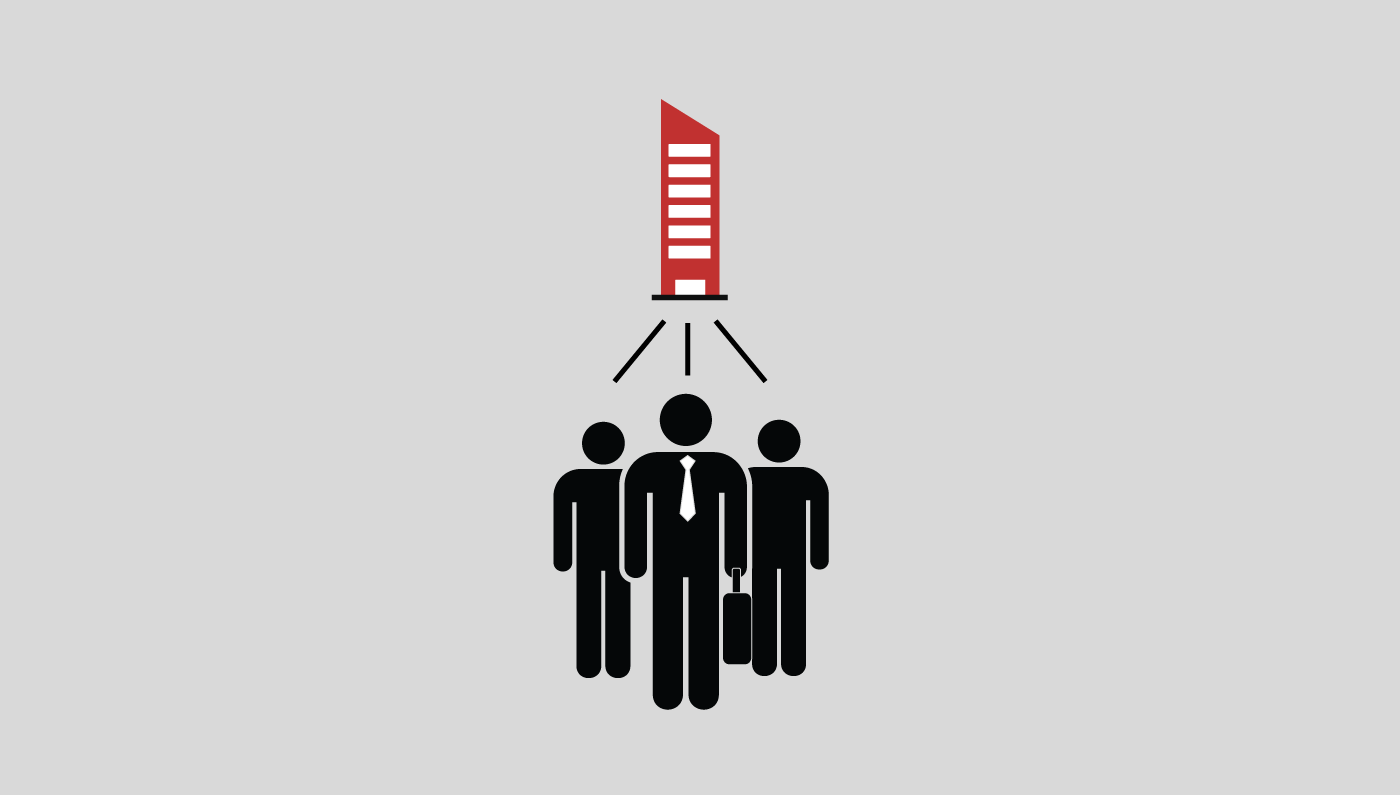Moet Hennessy is known for a lot of things: being one of the world’s premiere wine and spirits retailers, cultivating an exclusive international image, and being the favorite brand of jet setters worldwide among them. But now the company is entering into an industry you probably don’t associate with fine champagne: office space.
As part of its Privilège Awards campaign, small-scale entrepreneurs and their teams can enter to win a membership to WeWork, the burgeoning shared office space provider that has grown from its New York beginnings to now host offices across the United States, the Middle East, and Europe.
Though it certainly isn’t as exciting a topic as name brand liquor, more and more companies are re-considering the traditional office model and turning to new and unconventional concepts, like the distributed workplace or shared or co-working spaces. For many, it’s a way to increase productivity, cut down on overhead and other costs, and even keep employees happier and more focused.
And for big brands like Moet Hennessy, supporting co-working is a win on several fronts. For one, it associates their brand with the sort of “creative class” consumers that might buy their products—people like graphic designers, tech entrepreneurs, and marketing creatives—and gives them visibility with a younger demographic. And certainly no company has ever looked bad supporting visionaries with big dreams.
But on a more macro level, the move reinforces an interest in co-working on the part of major corporations. Already, some big firms, including the New York Times, offer a portion of their office space to small start-up firms as quasi-incubators, where teams can work with corporate employees on new ideas and concepts. Co-working firms in Austin and other “creative”-centric cities are also encouraging companies to open up their office space to freelancers as a way of developing a talent pool and driving innovation. And firms from Amway to Zappos encourage employees to work in co-working environments and even host their own offices in co-working spaces.
The statistics certainly point to a growing and robust demand for shared and co-working arrangements, even for previously cubicle-bound corporate employees. Data shows that 30% of corporate employees don’t work in a central office, and 82% of employees say, while they don’t want to work in an office, they don’t want to work at home, either.
In this way, Moet Hennessy is smart to ally itself with the co-working movement in such a public forum. Undoubtedly company executives are already pondering whether co-working is the right fit for their employees, too, in an increasingly digital world where many employees do their best work in a casual, collaborative environment that’s not an office and not their home.

